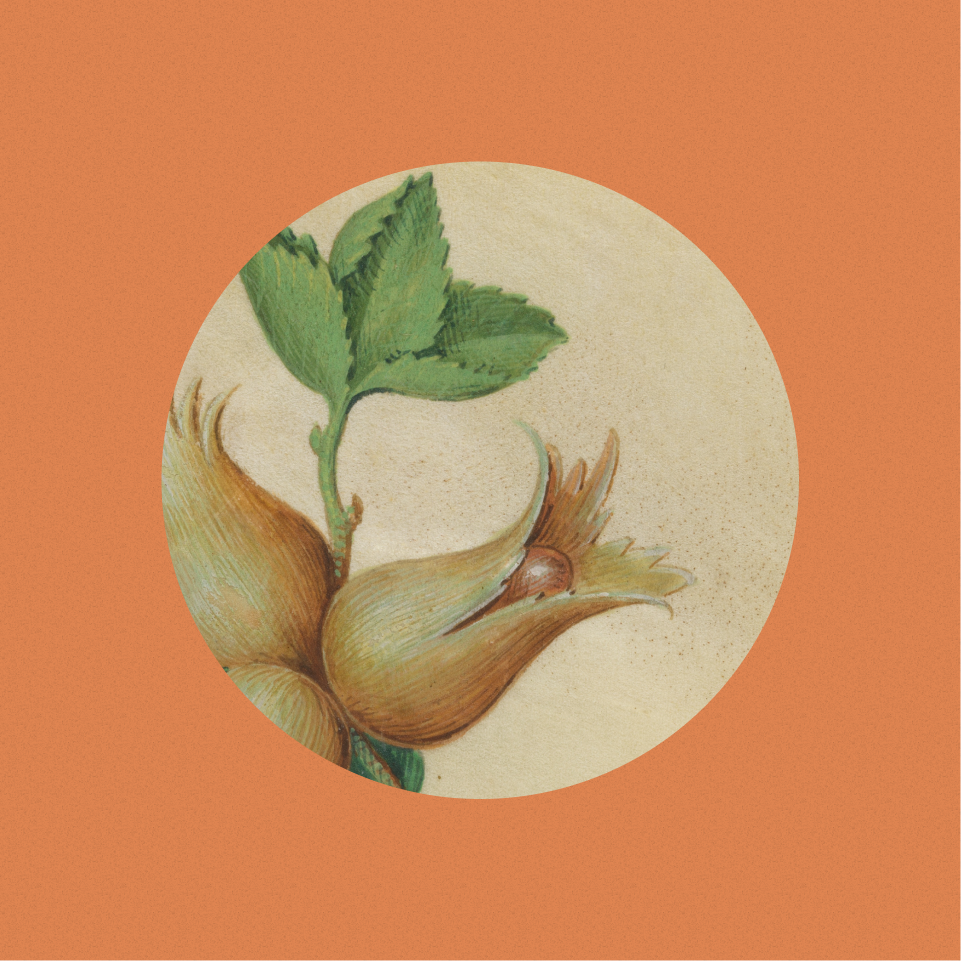
MoMA R&D Talk
The Good
Miroslav Volf is the Henry B. Wright Professor of Theology at Yale Divinity School and is the Founder and Director of the Yale Center for Faith and Culture.
We're often confused about the nature of the Good, despite its having become a private matter. What if we pursued communal truth-seeking conversation instead?
Listen on
We're often confused about the nature of the Good. What if we pursued communal truth-seeking conversation instead?
Yale theologian Miroslav Volf gives a short talk about "The Good" at the Museum of Modern Art in New York City.
We're often confused about the nature of the Good, despite its having become a private matter. What if we pursued truth-seeking conversation guided by philosophical and religious teachers both ancient and modern? What if we made this a communal, rather than private endeavor?Describing a modern predicament, sociologist Hartmut Rosa writes, "In a way, we moderns resemble a painter who is forever concerned about improving their tools, the colors and brushes, the air condition and lighting, the canvas and easel, but never really starts to paint." No good painter will act in such self sabotaging way.No professional will. And yet, when we step out of our work roads, many of us fixated on on means to life and often forget to live our life. Life itself turns into mere means to life.
Yale theologian Miroslav Volf gives a short talk about "The Good" at the Museum of Modern Art in New York City.
We're often confused about the nature of the Good, despite its having become a private matter. What if we pursued truth-seeking conversation guided by philosophical and religious teachers both ancient and modern? What if we made this a communal, rather than private endeavor?Describing a modern predicament, sociologist Hartmut Rosa writes, "In a way, we moderns resemble a painter who is forever concerned about improving their tools, the colors and brushes, the air condition and lighting, the canvas and easel, but never really starts to paint." No good painter will act in such self sabotaging way.No professional will. And yet, when we step out of our work roads, many of us fixated on on means to life and often forget to live our life. Life itself turns into mere means to life.
Lecture Transcript
“In a way, we moderns resemble a painter who is forever concerned about improving their tools – the colors and brushes, the air condition and lighting, the canvas and easel etc. – but never really starts to paint,” writes sociologist Hartmut Rosa.[1] Hardly any painter will act in such a self-sabotaging way as the one Rosa describes. No professional does. Why, then, so many of us, painters and business executives, academics and plumbers, do in our lives as a whole what we would never think of doing in our work?
It’s partly because, as moderns, we are confused about the most important question of our lives. We are confused about the Good.
In our age, “the good” has been privatized.It isn’t just that in pluralistic societies, there are many divergent visions of “the good.” The good itself has become a private matter. To figure out what we should do in life, we deliberate about our talents and interests, we consult family and friends. One advice we always get. Not: “Do most good for most people! Not: “Love God and neighbors!” But “Pursue your dream! Follow your deep desires!”
The privatization of the good puts much weight on our desires. They rule. But our desires and dreams change because our world is rapidly changing. And while pursuing a dream, we compete with others. To be ready for a new dream and to win the race, we need tools, the means to achieve our goals.That’s why so much of our libido is tied to the acquisition of economic, reputational, and bodily capital, to use Pierre Bourdieu’s vocabulary.
Now, means are tricky things. Start pursuing them and they will want to morph into ends. Consider money. It’s worth nothing in itself; its value is entirely in being the most potent means — and just for that reason money is the most important goal for many. As it is with money, so it is often with other means — with know-how, fame, looks, etc. Our means become our ends. The strange behavior of Rosa’s painter strange now starts making sense. Or does it?
In the grip of the fixation on the tools of her craft, Rosa’s painter looks in the mirror and sees her face – but it looks curiously hamster-like. She looks around, and the flat studio walls have curved in on her, the floor beneath her feet is unstable, shifting, and she finds herself running just keep balance. But for all of her running she is going nowhere. Commenting on this phenomenon in The Affluent Society, John Kenneth Galbraith noted dryly, “Among the many models of the good society no one has urged the hamster wheel.”[2] And yet, most of us are in the wheel and don’t know how to get out.
The question of means is important, indispensable.But it will land us in that hamster wheel if we don’t ask and answer another, prior question which is not about means but about goals. “What dreams are worth dreaming?” or better “What kind of life is worth living?”
[11] There is no more important search than the quest for the good life, a life that is worthy of our shared humanity. We are spiritually free and unfinished animals.That indeterminacy at the core of our being is part of our beauty. But it comes with a risk. It opens us to the possibility of filing as human beings. In the question of the good, at stake is our very humanity.
Albert Speer was Hitler’s architect. Hitler recruited him before he turned 30 with the promise that he would be able to “design buildings the like of which had not been seen for two thousand years.” [*] Seeing himself as “above all an architect,” he said yes — and participated in some of the most egregious crimes in history. Singular devotion to his career, made him an exceptionally good architect (if you are in this style of architecture). It made him also an exceptionally bad human being. Even if we succeed as doctors and artists, furniture makers and politicians, we may fail, in big or small ways, to live up to the inherent worthiness of our humanity.
The answer to the means question consists of facts. The answer to the goals question consists of norms. t names the good we should pursue.
But how do I determine where I should point the arrow of my life’s longing? Not merely by looking inside my heart, important as this is. At best, I’ll find there is a dream, which may or may not be a dream of a life that is good and worth living. Consulting the sciences would not help either. They are fantastically smart and eloquent in describing what is, how the world functions, including my dreams-generating psyche. But they have little to say about what kind of life is good and worth living.
Together with some of my colleagues, I teach a course called “Life Worth Living.” We found that a good way to pursue the quest for a good life is by engaging in “truth-seeking conversations” guided by philosophical and religious teachers of wisdom. I invited you to do the same, alone or with friends. In the company sages may we all find the courage to pick up the brush and to paint with our lives something truly Good for ourselves, our neighbors, and our planet.
[1] Hartmut Rosa, “Two Versions of the Good Life and Two Forms of Fear,” 7 (quotation slightly amended grammatically). See Hartmut Rosa, Resonance: A Sociology of Our Relationship to the World, trans. James C. Wagner(Cambridge: Polity, 2019), 2-3.
[2] Kenneth John Galbraith, The Affluent Society (Boston, MA: Houghton Mifflin, 1958), 159.





















